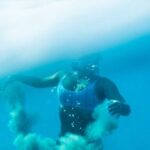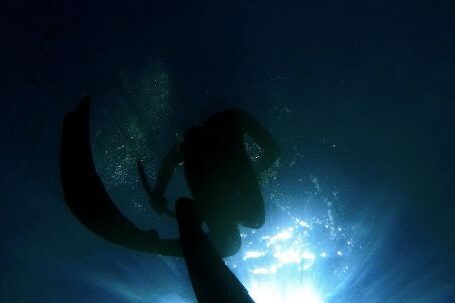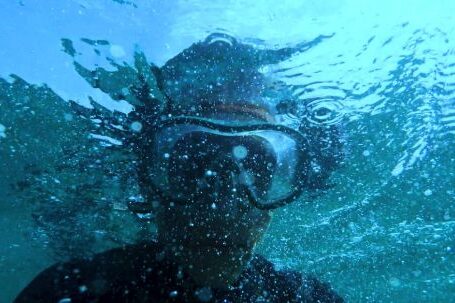Have you ever watched a skilled diver effortlessly glide through the water, seemingly able to stay submerged for an eternity? If you’ve ever wondered how they do it, the secret lies in their mastery of underwater breathing techniques. Learning to breathe efficiently and effectively underwater is key to becoming a confident and capable diver. In this article, we will explore some essential tips and tricks to help you perfect your underwater breathing techniques.
1. Relaxation is the Key
Before you even take that first breath underwater, it’s important to be in a relaxed state of mind. Tension and anxiety can lead to shallow, rapid breathing, which is not conducive to staying underwater for extended periods. Take a few moments to calm your mind and focus on slow, deep breaths. This will help oxygenate your body and prepare you for the dive ahead.
2. Master the Art of Deep Breathing
Deep breathing is a fundamental skill for any diver. By taking slow, deep breaths, you can fully expand your lung capacity and maximize the amount of oxygen you take in. Practice inhaling deeply through your nose, allowing your diaphragm to fully expand, and exhaling slowly through your mouth. This technique will not only help you stay underwater longer but also promote a sense of relaxation and calm.
3. Equalize Your Ears
Equalizing your ears is a crucial skill when diving to deeper depths. As you descend, the pressure on your eardrums increases, causing discomfort and potential damage. To equalize, pinch your nose and gently blow through it while swallowing or yawning. This action helps to open up the Eustachian tubes, allowing air to flow into your middle ear and equalize the pressure. Regularly equalizing your ears during a dive will prevent discomfort and potential injury.
4. Slow and Steady Wins the Race
When it comes to underwater breathing, slow and steady wins the race. Avoid rapid, shallow breaths, as this can lead to a build-up of carbon dioxide in your body. Instead, focus on long, controlled breaths, inhaling deeply and exhaling fully. This technique will help you maintain a steady flow of oxygen and reduce the risk of hyperventilating.
5. Practice Breath-Holding Techniques
Breath-holding techniques are not only useful for freedivers but can also benefit scuba divers. By practicing breath-holding exercises, you can increase your lung capacity and improve your overall breath control. Start with short breath holds and gradually increase the duration as you become more comfortable. Remember to never push yourself beyond your limits and always practice breath-holding in a safe environment.
6. Stay Hydrated
Proper hydration is essential for optimal breathing. Dehydration can lead to thicker mucus production, making it harder to breathe underwater. Ensure you are well-hydrated before your dive and drink plenty of water throughout the day. Avoid excessive caffeine and alcohol intake, as these can dehydrate your body.
7. Don’t Forget to Exhale
One common mistake divers make is forgetting to fully exhale underwater. When you hold your breath, carbon dioxide builds up in your body, leading to discomfort and potentially dangerous situations. Remember to exhale fully as you ascend, allowing the carbon dioxide to escape and making room for a fresh inhalation of oxygen.
In conclusion, perfecting your underwater breathing techniques is essential for a successful and enjoyable diving experience. By focusing on relaxation, deep breathing, equalizing your ears, maintaining a slow and steady breath rate, practicing breath-holding techniques, staying hydrated, and remembering to exhale, you will become a more confident and efficient diver. So take a deep breath, dive in, and enjoy the wonders that await beneath the surface.





